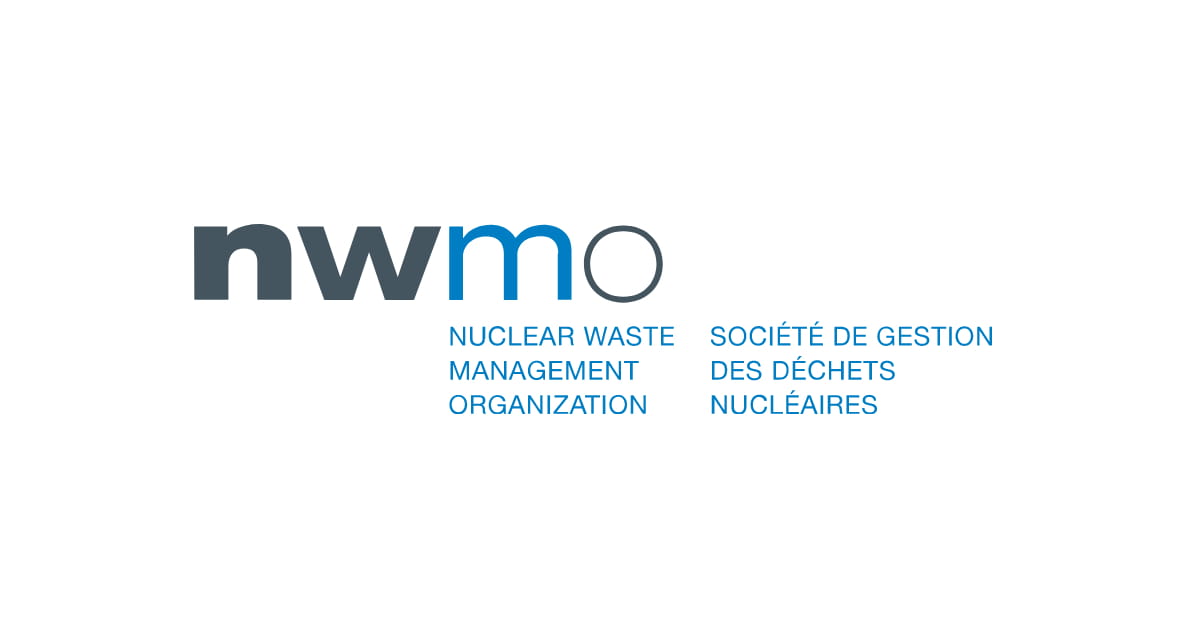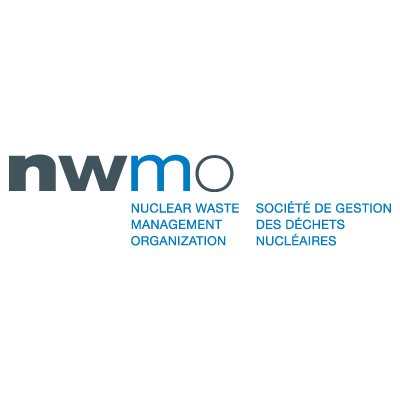OTTAWA, August 26, 2004 – Canadian citizens are keen to play a role in deciding what to do with the country's used nuclear fuel. They are concerned for public safety and they want to act now to protect this and future generations. Most important, they have identified key values to guide future decisions.
These and other findings from deliberative dialogues with Canadians are detailed in Responsible Action - Citizens' Dialogue on the Long-term Management of Used Nuclear Fuel, an analytical report by Judy Watling, Judith Maxwell, Nandini Saxena and Suzanne Taschereau of the Canadian Policy Research Networks (CPRN), published today.
The dialogues were organized by CPRN on behalf of the Nuclear Waste Management Organization (NWMO). This non-profit organization was set up by the nuclear industry at the request of the federal government to advise it on options for the long-term management of used nuclear fuel. The dialogues are a key element in the NWMO's engagement with experts, stakeholders and the public at large.
Canada's 22 commercial nuclear reactors produce 13 % of our electricity. They are expected to produce 3.6 million used fuel bundles over their anticipated lifetimes. Today, these are safely stored in licensed facilities at the nuclear generating stations. The fuel remains hazardous for a very long time. Canada, like other nuclear countries, is seeking an acceptable method of storing it for the long-term. That choice, says the NWMO, must be "socially acceptable, technically sound, environmentally responsible and economically feasible."
"The engagement of citizens is essential," says Elizabeth Dowdeswell, NWMO President. "Effective public policy is built upon an understanding of what really matters to Canadians. We need thoughtful deliberation and dialogue."
A representative sample of 462 Canadians took part in dialogues in 12 cities across the country, in both official languages. Citizens from all walks of life gave up a Saturday or Sunday to discuss what principles should guide decisions about used nuclear fuel over the long-term. (See dialogue backgrounders.)
"The citizens' dialogues are not intended to supplant expert advice," says Judith Maxwell, President of CPRN, "They tell us what values Canadians believe should govern our decisions regarding used nuclear fuel."
Those values are:
- Responsibility - live up to our responsibilities and deal with the problems we create.
- Adaptability - develop and apply new knowledge as it emerges.
- Stewardship - our duty to husband resources and leave a sound legacy to future generations.
- Accountability and Transparency - to rebuild trust.
- Knowledge - a public good for better decisions now and in the future.
- Inclusion - we all have a role to play.
"The first three address how rights and responsibilities should be shared across generations," says Maxwell. "The last three address how decisions are made and who should be making them. The values are not mutually exclusive and often reinforce each other."
Citizens want to take responsibility and act now on waste created in generating electricity they have used. But they also want to make it possible for future generations to revisit today's choices in the light of new knowledge and technologies.
Citizens advocated a holistic approach to the challenge of managing used nuclear fuel. They supported conserving energy use, exploiting alternative energy sources and, fully assessing the costs and benefits of all types of energy.
They are keen to ensure that they receive the information they need to contribute to decisions about the long-term management of used nuclear fuel. They want an independent body, with expert and citizen representation, to see that information is provided and that government and industry do their part.
"Perhaps most important, participants strongly endorsed the NWMO's engagement approach and see it as a model for future decision-making," says Maxwell.
"We have listened and learned," says Dowdeswell. "Citizens have contributed important insights. The values they expressed will guide NWMO's further work and be reflected in our ultimate recommendations for the long-term management of used nuclear fuel."
-30-
CPRN is a national not-for-profit research institute whose mission is to create knowledge and lead public debate on social and economic issues important to the well-being of Canadians, in order to help build a more just, prosperous and caring society.
To download a free copy of the report visit the CPRN home page: http://www.cprn.org or visit the NWMO Web site at http://www.nwmo.ca
A weekly CPRN e mail service, e network, provides short updates on research projects or corporate activities. Visit www.e-network.ca to subscribe.

